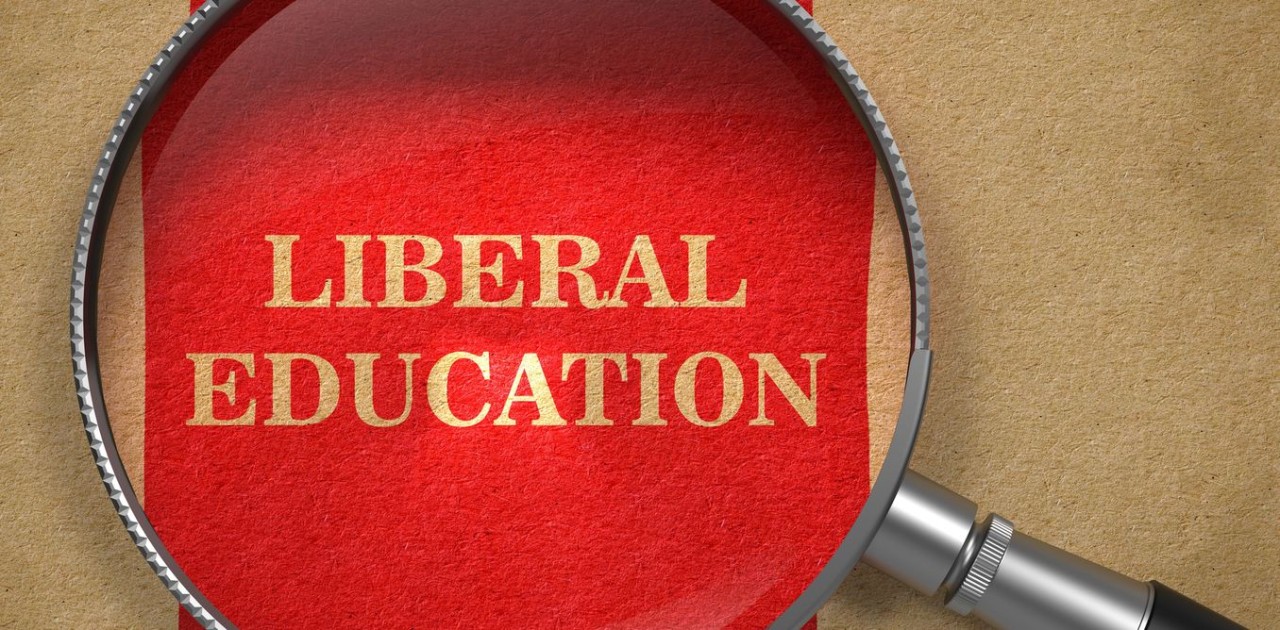AI(人工知能)の急速な発展と普及により、私たちの暮らしや仕事のあり方は劇的に変化しています。大量のデータを瞬時に分析し、定型的な作業や情報処理をこなすAIは、もはやあらゆる分野で活用される存在となりました。しかし同時に、人間にしかできない創造的な発想や、他者との共感といった“人間味”の部分が、改めて注目され始めています。
そうした中、「教養」という言葉が改めてクローズアップされています。学問的な知識の蓄積だけでなく、多様な視点を持ち、社会や人間性を深く理解することこそが、AIとの共存時代を生き抜くうえで重要な要素となりつつあるのです。本記事では、AI時代における「教養」の意味や価値、そして子どもから大人まで、どのようにその“教養”を身につけていけばよいのかについて考えてみましょう。
1. AI時代に「教養」が求められる理由
AIにできない「人間理解」と「価値判断」
AIは膨大なデータを処理し、その中からパターンを見つけ出したり、過去の傾向をもとに予測を行ったりするのが得意です。しかし、社会や文化、人間の内面に深く根ざす価値観などを、機械が本質的に理解するには限界があります。
例えば、歴史や文学、美術、哲学など、人間の思考や感情が詰まった分野をただ情報として学ぶだけではなく、そこから得られる人間像や倫理観、感性などを総合的に捉える力が「教養」です。これがあるからこそ、新しい技術や仕組みが生まれたとき、その使い道や社会的な影響を多角的に判断し、よりよい方向へ導くことができるのです。
複雑化する問題に対処するための多面的視点
現代社会が抱える課題は、環境問題や格差、国際紛争など、単純には解決できない複雑性を帯びています。テクノロジーとビジネスの視点だけでは、一時的な対策は打てても根本的な解決には届かないかもしれません。多様な文化や思想、歴史的経緯を理解したうえで総合的に判断する力が必要になっているのです。教養はまさに、異なる分野を架橋する知的基盤といえます。
2. 「教養」とはどんな学びなのか
知識の集合体ではなく、“知識を結びつける”力
教養と聞くと、百科事典のように知識を大量に蓄えた状態をイメージする人もいるかもしれません。しかし本質的には、様々な分野の知識を関連づけ、そこから新たな視点を生み出すプロセスが教養の要となります。
例えば、古代の哲学者が考えた倫理観と、現代のAI倫理との関係を探るとか、自然科学での発見を社会制度にどう活かすかなど、分野を横断しながら知を結びつけ、新たな問いを立てる力こそが求められているのです。
自分自身の思考を磨くための素地
教養は外部から与えられる知識量だけではなく、「自分ならどう考えるか」を深めるための道具でもあります。読書やアート鑑賞、議論などを通じて得た刺激をもとに、「自分の立場はどうだろう?」「この考え方にはどんな意味があるのか」と振り返り、自分自身の思考の軸を育てる。それが教養を身につける本来の意義と言えるでしょう。
3. AI共存時代にこそ教養を活かす場面
技術を適切に使いこなす判断
AIを使う技術そのものは、学べば誰でも習得可能な部分があります。しかし、AIを何のために、どのように使うかを決定する段階では、社会的・倫理的な視点が欠かせません。例えば、AIが判断するシステムに何らかの偏りがあった場合、それを見抜くための歴史観や人権意識などが必要です。
教養があれば、「機械が出した結論」を鵜呑みにせず、より広い文脈で評価する視点が備わるでしょう。
創造性やストーリーテリング
AIは過去のデータを分析してパターンを見つけるのは得意でも、完全に独創的な物語やアートを生み出すのはまだ苦手とされます。人間独自の感性や発想を活かして、新しい商品やサービス、表現を創り出すには、歴史・文化・芸術などを背景とした豊かな教養が大きなエネルギー源になるでしょう。
例えば、小説や音楽、アートにおける文脈を理解していれば、AIの生成するプロトタイプをさらに創造的に発展させたり、まったく別の方向へ昇華させたりすることができます。
人間同士のコミュニケーションとリーダーシップ
「人間らしさ」として注目される共感やリーダーシップなどは、対話や協力によって育まれます。多様な文化や価値観を理解する教養があれば、チームや組織をまとめるうえで視野が広がり、トラブルを未然に防ぐこともしやすくなるでしょう。国際的なプロジェクトであれば、相手国の歴史や文化的背景を理解しているだけでもコミュニケーションの質が大きく変わります。
4. 子どもから大人まで、教養を育むために
幅広い読書や体験を奨励する
教養を身につけるには、特定の教科書やカリキュラムだけでは不十分です。歴史書、哲学書、小説、エッセイ、アート作品など、ジャンルを問わず多彩な読書や鑑賞を楽しむことが大切。さらに、博物館や美術館に足を運ぶ、音楽や舞台芸術を観る、ボランティア活動に参加するなど、多面的な体験を通じて「生きた知識」を得る機会を増やすのが理想です。
対話と議論の場を大切にする
ただ一方的に知識を吸収するだけでなく、自分の言葉でまとめ、他者と意見交換する過程が、教養を深める上で非常に重要です。子どもに対しても、「どう思った?」「なぜそう考えるの?」と問いかけるだけで、思考の幅が広がり、自己表現力や批判的思考が鍛えられます。
大人同士でも読書会や討論会などを開催し、互いの感想や考えを共有することで、固定観念を打ち破るきっかけが得られるでしょう。
好奇心を持ち続ける姿勢
教養の根底には「もっと知りたい」「なぜだろう?」という好奇心があり、その好奇心を満たすための探求が継続的に行われることで知識が有機的に繋がっていきます。大人になっても新しい分野に挑戦する、未知の文化や学問に足を踏み入れることを恐れずに続ける姿勢が、“教養”を育てるうえで欠かせません。
まとめ:人間味を活かすための“教養”という土壌
AIが急速に進化する時代でも、人間固有の感性や倫理観、創造性はますます価値を増します。こうした人間味をしっかりと発揮するには、歴史や文化、哲学、芸術などの多彩な領域を横断し、そこから得た洞察を統合する“教養”が土台となるでしょう。
- 情報はAIが持っていても、それをどう評価し、どのように活かすかは人間が決める
- 教養があれば、先人の知恵や多様な文化から学んだ“人間理解”をもとに、技術をよりよい方向に導くことが可能
- 創造性やリーダーシップ、共感性などの人間的な力が、AI共存時代にこそ求められる
子どもに対しても、ただ学力を追求するだけでなく、多様な知識や芸術・文化に触れさせることで教養を育み、将来AIを活用しながらも独自の価値を提供できる人材に育てることが、大人の使命ではないでしょうか。
AIの進化は止まりませんが、人間の可能性も無限大です。教養を通じて、私たちの“人間味”をさらに豊かにし、AIと共存する未来をより良いものへと創造していきましょう。
Is “Liberal Education” Our Strongest Weapon? Learning That Highlights Humanity in the Era of AI Coexistence
With the rapid development and widespread adoption of AI, our lifestyles and work practices are undergoing dramatic change. AI can analyze massive data instantly and handle routine tasks or information processing across many fields—yet at the same time, we’re seeing a renewed focus on distinctly human capabilities such as creative thinking and empathy.
Within this context, the concept of “liberal education” is once again gaining the spotlight. More than an accumulation of academic facts, liberal education involves acquiring diverse perspectives and deep insights into society and human nature. This article explores why such broad-based learning is critical in an era of AI coexistence, and how both children and adults can develop this foundation of knowledge and understanding.
1. Why Liberal Education Matters in the AI Era
“Human Understanding” and “Value Judgment” That AI Cannot Mimic
AI excels at processing data and identifying patterns or making predictions based on past trends, but it still faces intrinsic limits in comprehending socio-cultural values and the nuances of human emotion.
For instance, history, literature, art, and philosophy aren’t just bodies of information; they reflect humanity’s deeper moral and emotional underpinnings. When we call that integrated understanding “liberal education,” we refer to a mindset that allows one to judge how to deploy new technologies or systems in socially beneficial ways. A well-rounded cultural background helps ensure that technological progress aligns with human well-being.
Multiple Perspectives for Tackling Complex Issues
Challenges like climate change, income inequality, or global conflicts are too intricate to solve with a purely technological or business-centric approach. We need comprehensive, interdisciplinary thinking that accounts for diverse cultures, ideologies, and historical factors. Liberal education provides the intellectual framework to connect disparate fields and craft balanced judgments.
2. What Is “Liberal Education” Exactly?
More Than a Heap of Knowledge—It’s the Ability to Link Knowledge
When people think of “liberal education,” they may picture someone who’s memorized vast amounts of information. But at its core, it’s about fusing insights from multiple domains to generate fresh perspectives.
For example, linking ancient ethical thought with modern AI ethics, or applying discoveries in the natural sciences to social systems, requires crossing disciplinary boundaries. This capacity to cross-pollinate ideas and generate new questions is the essence of liberal education.
A Basis for Refining One’s Own Thinking
Liberal education isn’t only about gathering external facts. Rather, it serves as a tool for deepening your personal thought processes. Stimulated by reading, art, or discussions, you evaluate your stance—“How do I see this?” “What does this viewpoint imply?”—and cultivate a firm intellectual foundation. This ongoing self-reflection is the real value of developing broad-based knowledge.
3. Where Liberal Education Shines in the AI Age
Making Informed Decisions About Technology
While mastering AI technology is feasible by studying certain skill sets, deciding “why and how” to use AI demands broader ethical and societal viewpoints. For instance, you might detect biases in an AI-based system if you understand the historical or human rights context.
Having a liberal education fosters the ability to evaluate “machine-derived conclusions” from a wider perspective, rather than simply accepting them at face value.
Creativity and Storytelling
Although AI can analyze past data to identify patterns, it struggles to generate completely original narratives or art. Here, the uniquely human resources of emotion and innovation come into play. A broad background in history, culture, and art can powerfully fuel new ideas, products, or creative works.
For example, if you understand the cultural context behind literature or music, you can expand on AI-generated prototypes in more imaginative ways or redirect them into entirely different expressions.
Human Communication and Leadership
Human attributes like empathy and leadership are developed through dialogue and collaboration. A comprehensive grasp of diverse cultures and viewpoints broadens your perspective when unifying teams or anticipating conflicts. In international projects, for instance, knowing another country’s history and culture significantly improves communication. Liberal education thus supports a richer human-to-human interaction.
4. Nurturing Liberal Education for All Ages
Encouraging Diverse Reading and Experiences
No single textbook or curriculum can fully cultivate liberal education. It requires immersing oneself in various fields—history, philosophy, novels, essays, art—and also visiting museums, attending music or theater, and doing volunteer work. All these practical, wide-ranging experiences yield “living knowledge.”
Valuing Dialogue and Discussion
Absorbing knowledge in isolation isn’t enough. Articulating your ideas and debating them with others is crucial for deepening liberal education. Even just asking a child, “What do you think?” or “Why would that be?” broadens their thinking and hones their critical faculties.
Among adults, book clubs or debate sessions can help break fixed mindsets and invigorate learning.
Sustaining Curiosity
At the heart of liberal education lies a desire to learn: “I want to know more,” “Why is that?” Maintaining this curiosity and continuing to explore, including outside one’s comfort zone or into unfamiliar cultural or academic areas, is key to ongoing intellectual growth, even in adulthood.
Conclusion: The Soil That Cultivates Our Humanity
Even in an era dominated by AI, human sensibility, ethics, and creativity are growing in importance. A well-rounded liberal education, bridging areas like history, culture, philosophy, and art, underpins authentically human decision-making:
- While AI can hold vast information, it’s humans who must evaluate and utilize it.
- Liberal education, informed by historical wisdom and cultural diversity, enables us to direct technology responsibly.
- Human-centric attributes like creativity, leadership, and empathy are especially sought after in an AI coexistence era.
For children, it’s not enough to chase academic excellence; exposing them to a broad range of cultural stimuli fosters the kind of liberal education that empowers them to harness AI yet still offer unique human value. AI may continue evolving rapidly, but so can the boundless potential of human beings. By cultivating our humanity through liberal education, we can shape a future where AI and humans thrive together in richer, more meaningful ways.




コメント